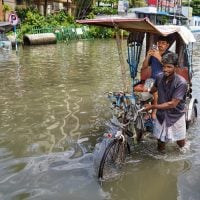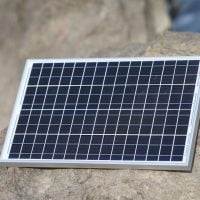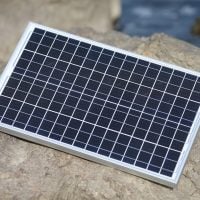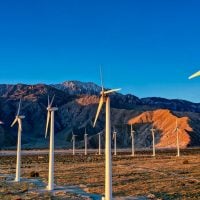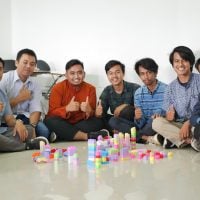Deadline: 15-Feb-23
Applications are now open for the Iso Lomso Fellowship Program, a cohort of Africa’s brightest upcoming researchers.
Iso Lomso means ‘the eye of tomorrow’ in isiXhosa: seeing towards the future, laying the foundations for tomorrow. Iso Lomso fellowships provide a three-year attachment to Stellenbosch Institute for Advanced Studies (STIAS) to enable fellows to develop and conduct a long-term research programme of their preference. The aim is to facilitate and support them towards becoming established scholars in their fields.
Fellow Support
- The main means of support is STIAS residencies. Residential periods will be agreed mutually between the fellow, his or her home institution and STIAS, and may vary between six weeks and five months per residency. A first period of residency will typically be of longer duration to be taken up during 2024, followed by two further residencies through 2026. While in residence fellows receive regular STIAS fellow support which includes:
- an economy return flight;
- comfortable accommodation within walking distance from the institute;
- individual offices equipped with a PC, telephone and printer;
- a monthly stipend for daily living costs;
- access to the Stellenbosch University library (including electronic resources) and a high-speed internet connection;
- participation in the regular STIAS fellows programme, including daily lunch, weekly fellows’ seminars, STIAS public lectures and social events;
- a child care subsidy for fellows accompanied by young children while in residence.
Benefits
- Residence at STIAS
- A three-year attachment to STIAS during which time you may spend a total of ten months in residence at STIAS to develop and pursue a long-term research project
- Links to sister institutions
- The possibility of a residency at a partner institute for advanced study or other research intensive institution abroad
- International conferences
- Funding to attend up to two international conferences or training workshops anywhere in the world
- Your own workshop
- Support to convene a workshop with collaborators at STIAS or at their home institution
- Support for your institution
- Lecturer replacement subsidy for your home institution during residency periods
Eligible Projects
- While not in residence at STIAS Iso Lomso fellows will continue their regular academic duties at their home institution. During these periods fellows may apply for a range of research sponsorship interventions. These elements will be considered in a flexible manner to ensure that each fit optimally into the research programme. They may include:
- a subsequent residency at a sister Institute for Advanced Study or relevant research institution in North America, Europe or elsewhere (this will form part of the ten months’ residency allocation; the fellow’s preferences for potential host institutions will be considered);
- funding to attend up to two relevant academic conferences or research training events (covering travel, accommodation and
- participation fees);
- limited project funding for key interventions in the research programme;
- the possibility of hosting a workshop at STIAS or their at their home institution as a means of strengthening the fellow’s scholarly network and research impact.
Eligibility Criteria
- Iso Lomso fellows’ home institution will be eligible to apply for a lecturer replacement subsidy during residency periods. This will be negotiated on a case-by-case basis with the home institution after the fellowships have been awarded. It will be the fellow and the home institution’s responsibility to recruit replacement lecturers.
- Applicants are encouraged to consider which of these elements they would like to include in the pre-proposal timeline. These elements will be planned and finalised with Iso Lomso fellows during their initial period of residency.
- The programme is aimed at African scholars who have obtained a doctoral degree within the preceding seven years and who hold an academic position at a university or research institution anywhere in Africa. Candidates should have established a research programme and have completed a post-doctoral fellowship or equivalent post-PhD programme. All disciplines are considered.
For more information, visit STIAS.

